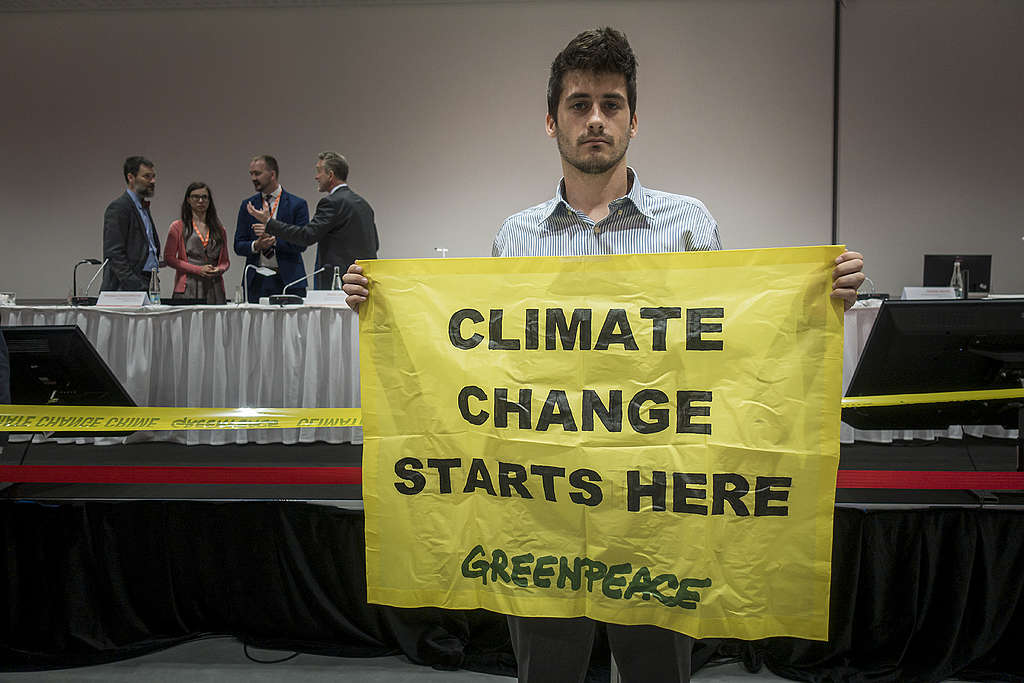Less than a decade ago, Czechia still had plans to mine and burn coal up until the beginning of the 22nd century. The situation has changed dramatically since then. In 2020, the Czech Coal Commission recommended to phase-out coal by 2038. The newly appointed Czech government agreed earlier this month on finding ways to end coal by 2033 at the latest, while several recent studies (Ember, Greenpeace and FoE, AMO) show that even 2030 is possible.

The biggest Czech energy utility ČEZ has also changed its plans for coal a few times in reaction to the political climate. The latest change took place in July 2021, when management introduced a new strategy for ČEZ operations and came up with a new coal-phase out plan. According to the new timeframe, the current 4,8 GW of coal generation capacity will be reduced to 2,2 GW by 2030 (all lignite) and phased out completely by 2038. In 2030, electricity production from coal would account for 12,5% of the group’s total generation and would reach zero in 2038. The company omitted to mention what would happen to lignite mining, but it is assumed that mining would continue until the last lignite power plant is closed. While this shows progress from previous plans, it is still far from 2030 – the recommended year for developed countries in order to meet targets compliant with the Paris agreement on climate protection.
Also, many financial institutions set 2030 as the desired year for coal phaseout. In fact, all of the largest banks on the Czech market are unwilling to finance any new coal projects and several banks even have policies restricting cooperation with “coal companies” that do not offer a credible plan for phasing out coal by 2030.
ČEZ does not meet the requirements of two bank policies:
1) The coal policy by Société Générale group (Komerční banka in Czechia) set a deadline by the end of 2021 for all their coal-dependent clients to communicate a 2030 compliant coal phase out plan. The banks will refrain from providing any new financial products (like corporate loans) and services to clients such as ČEZ.
2) Unicredit is requiring its energy clients to have a plan by the end of 2021 for coal-phase out by 2028.
The other two major banks operating in Czechia, Česká spořitelna and ČSOB, have set similar conditions, only allowing more time for energy utilities to publish and present a coal phase-out plan. The biggest bank – Česká spořitelna from Erste Group – has asked for 2030 compliant plans by the end of 2023 and ČSOB from the KBC Group requires such plans a year earlier, by the end of 2022.
ČEZ and other coal companies are under increasing pressure from the tightening political framework, the public, and the ethical standards of the financial institutions. We can expect the life expectancy of coal burning in Czechia to shorten. However, the energy switch can only happen hand in hand with the quick development of renewable energy. This is the sector where we need everybody to up their efforts: the utilities, state institutions as well as banks.
